Apple's iPhone could be last standing in smartphone 'race to the bottom'
Charlie Wolf with Needham & Company issued a note to investors Friday in which he declared the "successful launch" of Windows Phone 7, the new mobile operating system from Microsoft. He expects Microsoft and Google to compete aggressively among the leading smartphone manufacturers, including HTC, Samsung, Motorola, LG and Sony Ericsson.
"In the short run, the turf war could put the smartphone manufacturers in the driver's seat," Wolf wrote. "Ultimately, however, commoditization, accompanied by deteriorating prices and gross margins, appears inevitable for licensees of the Android and Windows Phone 7 operating systems.
"With its growing brand equity, the iPhone could end up as the last man standing in this race to the bottom."
Wolf doesn't expect that much will change during the December quarter in terms of market share. But he believes the ramp of Windows Phone 7 in early 2011, along with the anticipated launch of the iPhone on the Verizon network, could result in a very different landscape come March.
Wolf noted that the Windows Phone Facebook app had just 135,000 active users as of Nov. 30, which could be an indication of how many handsets Microsoft has sold. While those sales are nowhere near the record sales pace of Apple's iPhone, Wolf believes Microsoft's company-wide $500 million marketing budget will play a major factor.
"We suspect the company will devote a material portion of it to buy the support of the leading smartphone manufacturers," Wolf wrote. "Indeed, if Windows Phone 7 is successful, it's difficult not to conclude that the Android platform will be impacted more than any other operating system because of the similarity of the two licensing models."
And if the iPhone does launch on the Verizon network in early 2011 as expected, Wolf believes that Android will suffer the most.
"Android benefitted from the absence of the iPhone on the Verizon network, because the carrier spent heavily to promote the platform as an alternative to the iPhone," he said. "Android effectively moved into a vacuum created by the implosion of Windows Mobile."
 Neil Hughes
Neil Hughes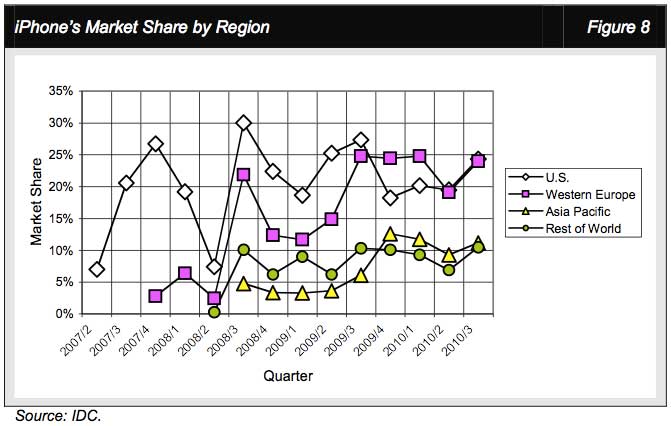


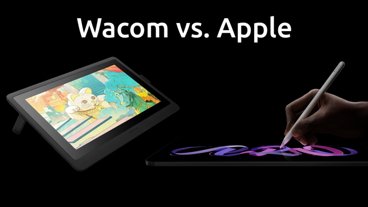
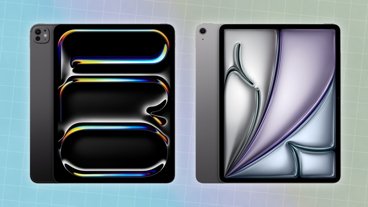
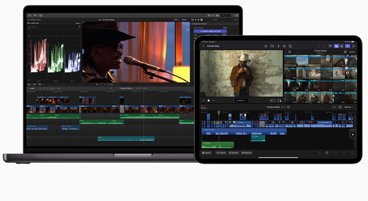
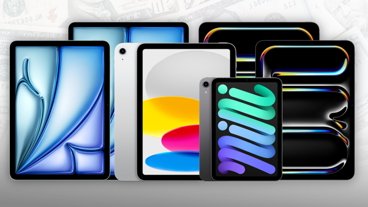







 Malcolm Owen
Malcolm Owen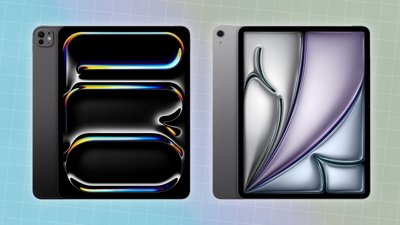
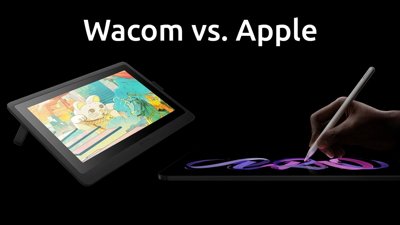
 Amber Neely
Amber Neely

 Marko Zivkovic
Marko Zivkovic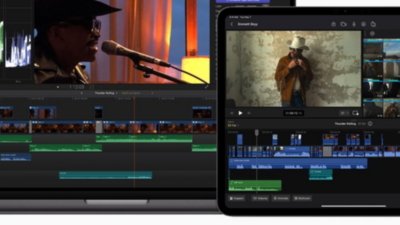
 David Schloss
David Schloss
 Wesley Hilliard
Wesley Hilliard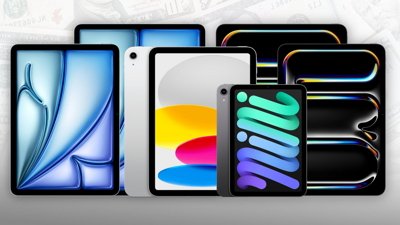
 Mike Wuerthele and Malcolm Owen
Mike Wuerthele and Malcolm Owen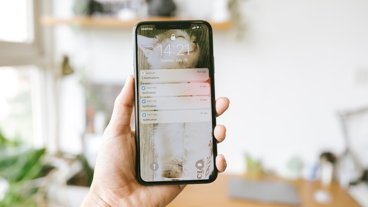
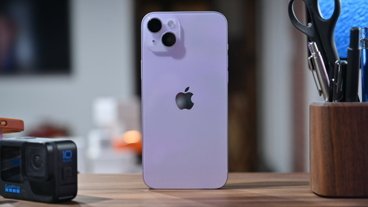








49 Comments
The article is probably not too far off, let them beat each other to death.
That means Apple would have to take a loss enough to make it unprofitable for Android devices to compete.
Google could start tapping their immense advertising revenue, much like Microsoft taps it's software revenue to compete the X-box against Sony's PS3 (which itself is being tapped by their entertainment arm)
No, Apple has no alternate revenue stream to compete. They will accept a minority share of the market and Android will rule the majority. Microsoft has already lost being so dam late to the game.
By then Apple will off making the next great thing anyway. Smart wrist watches. Opps..
That means Apple would have to take a loss enough to make it unprofitable for Android devices to compete.
Google could start tapping their immense advertising revenue, much like Microsoft taps it's software revenue to compete the X-box against Sony's PS3 (which itself is being tapped by their entertainment arm)
No, Apple has no alternate revenue stream to compete. They will accept a minority share of the market and Android will rule the majority. Microsoft has already lost being so dam late to the game.
By then Apple will off making the next great thing anyway. Smart wrist watches. Opps..
I think you missed the point. As the other vendors sell 100s of different units and try to recover their investment with 1% of the market share for each new device, Apple's model of one (ok, really 3) SKUs for the iPhone means that their development effort is amortized over a much larger base AND their unit production costs are reduced based on the tremendous volume they have.
That means Apple would have to take a loss enough to make it unprofitable for Android devices to compete.
Google could start tapping their immense advertising revenue, much like Microsoft taps it's software revenue to compete the X-box against Sony's PS3 (which itself is being tapped by their entertainment arm)
No, Apple has no alternate revenue stream to compete. They will accept a minority share of the market and Android will rule the majority. Microsoft has already lost being so dam late to the game.
By then Apple will off making the next great thing anyway. Smart wrist watches. Opps..
This is a pretty irrational comment, totally at odds with reality. So, Google is going to start subsidizing handset manufacturers, long-term, to make Android financially viable? Totally at odds with their business model, and not really a viable strategy for them over the long haul. No other revenue streams at Apple? Maybe you haven't heard of the Mac? The iPod? Plus, what do they need with other revenue streams, iOS is and will remain the the cash cow of mobile. And, of course, the main point of the article: Apple doesn't need to take a loss to make it unprofitable for others to compete, it already is that way, the situation the article is based on.
This guy is dumb. Even though Microsoft has a giant marketing budget in place, that doesn't mean consumers are going to buy. People want quality. The iPhone provides that. By the way, I can't help but to laugh every time I see a Windows phone commercial because they don't actually show any of the features. The just show the home screen! The hardware! What a horrible way to advertise, in my opinion.